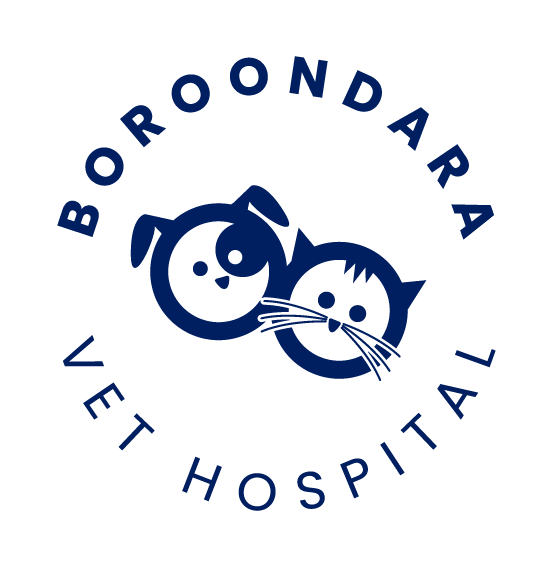Library
-
This tumour is a disordered and purposeless overgrowth of sweat gland cells. Most sweat gland tumours are benign and can be permanently cured by total surgical removal.
-
The testicle (testis) contains several different cell types. These include the germ cells, which make sperm, the supporting and nourishing Sertoli cells, and the hormone-producing interstitial (or Leydig) cells.
-
Thyroid tumours include cystic structures called goitres, multi-nodular overgrowth (hyperplasia), benign (non-spreading) cancers (adenomas) and malignant (spreading) cancers (carcinomas).
-
This is a common tumour, only found in dogs. It has a patchy world-wide distribution including parts of the Caribbean, USA, Southern Europe, Asia and Africa.
-
Tumours of the blood cells made in the marrow are rare. There is a continuum from dysplasias (abnormal growths) to cancers (myeloproliferative disease).
-
This is a tumour of the lymphatic vessels of the skin or subcutaneous tissue. Some lymphatic tumours are benign (lymphangioma) and some malignant (lymphangiosarcoma).
-
Tumours that occur on the haired eyelids are similar to those arising elsewhere in the skin. They include cysts, overgrowths (hyperplasias), benign (non-spreading) and occasionally malignant (spreading) cancers.
-
Cancers of the pancreas are of two main types, those arising from the part which produces enzymes to aid digestion (exocrine) and those arising from the groups of cells that produce hormones such as insulin (endocrine).
-
Tumours of the spleen are common in older dogs, but rare in cats.
-
Most swellings and tumours of the uterus are not cancerous. The commonest in the female dog is cystic endometrial hyperplasia (overgrowth of the inner lining of the uterus) due to hormone stimulation.

